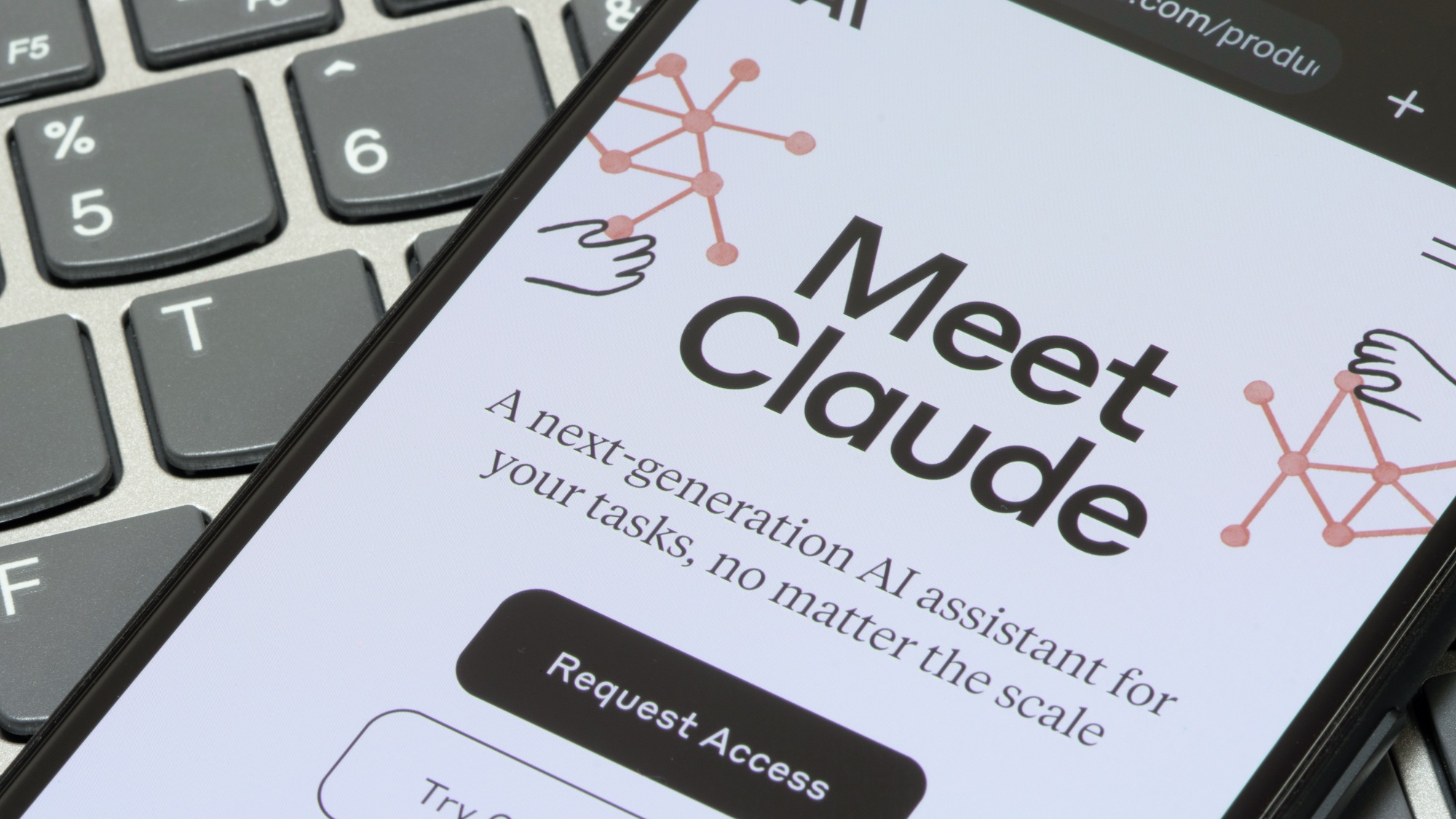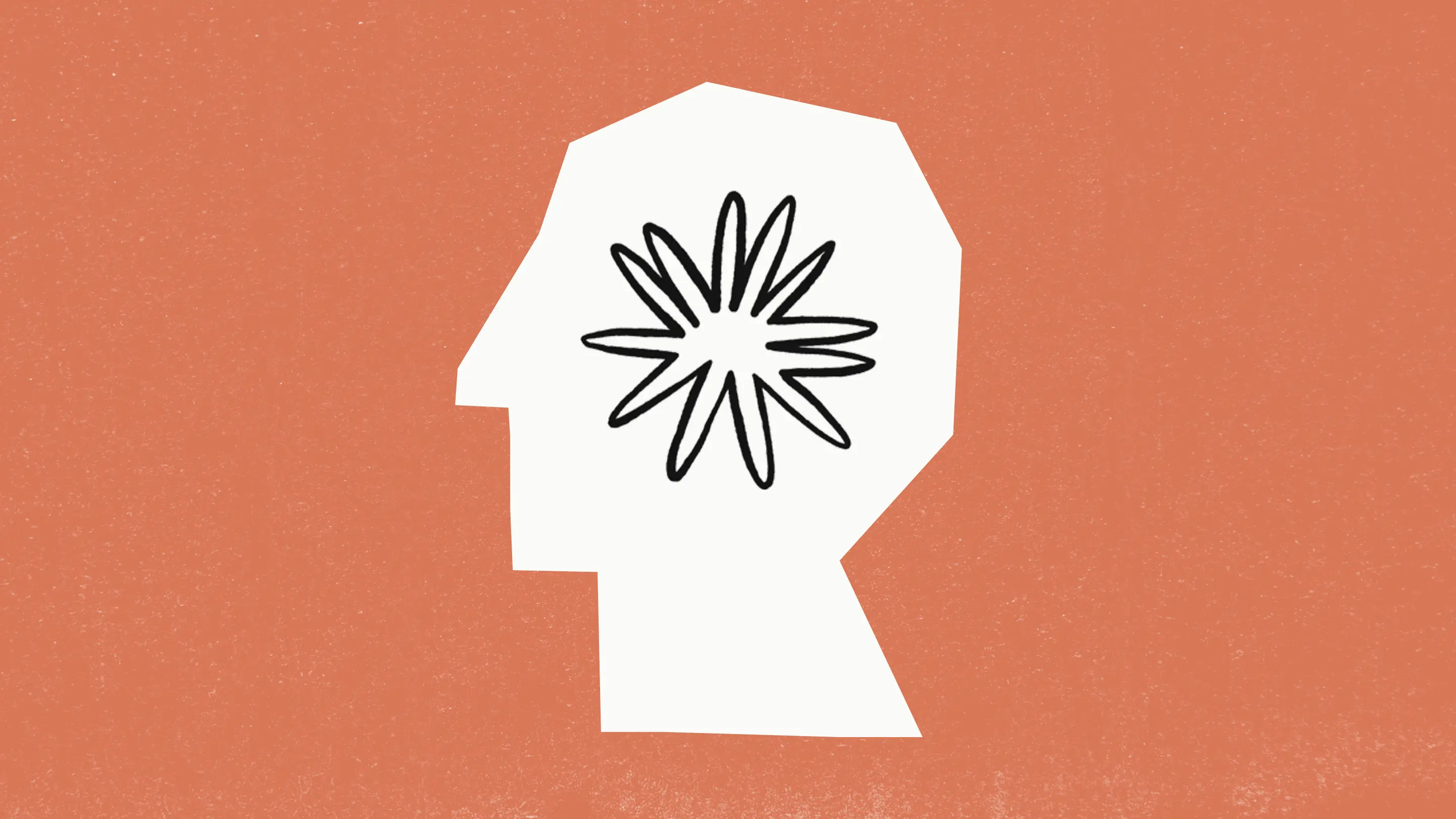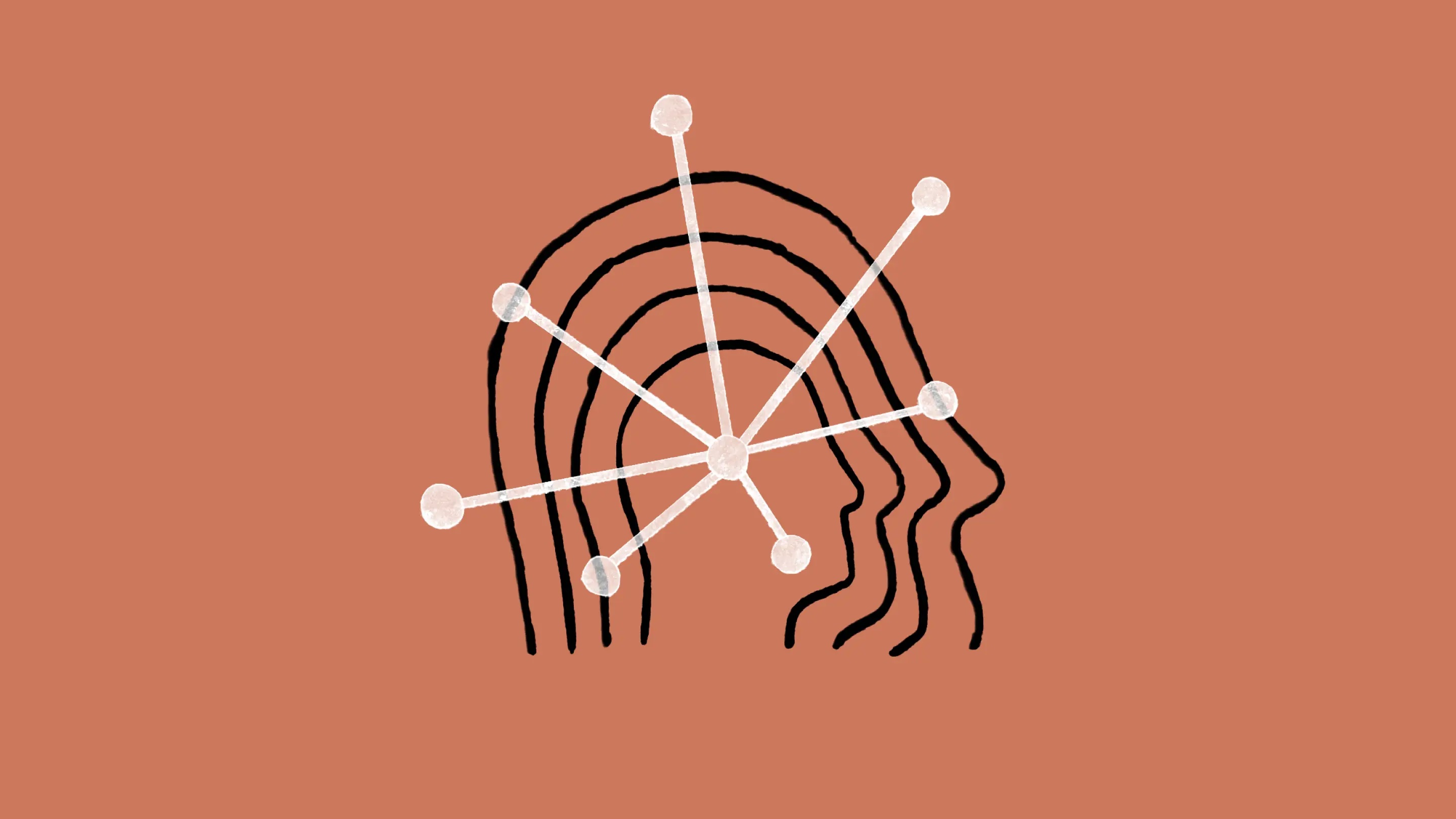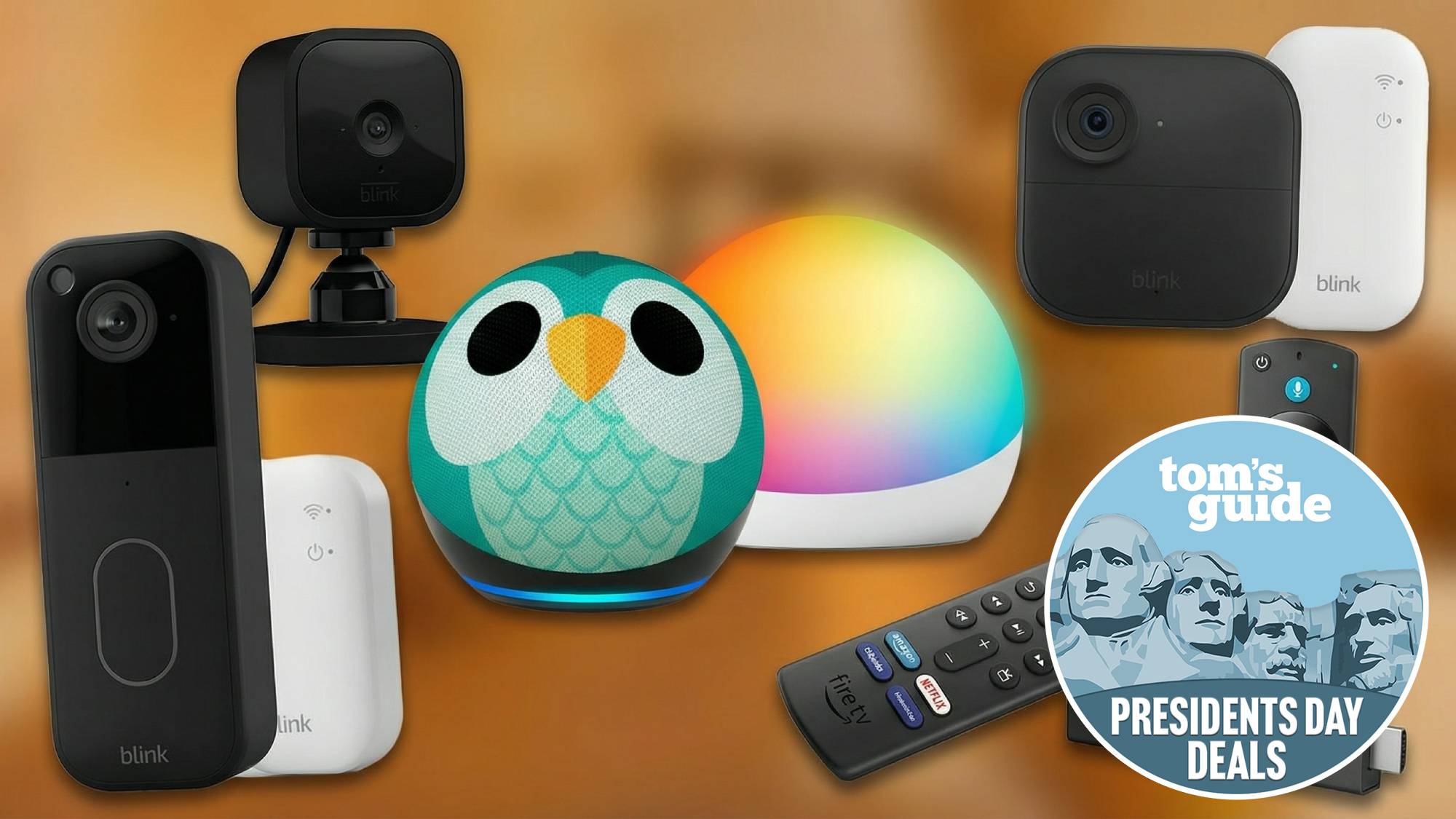I've tried all the leading AI chatbots — here's why I keep going back to Claude
Claude Is my favorite AI (even with ChatGPT, Gemini and DeepSeek in the mix)

Here at Tom’s Guide our expert editors are committed to bringing you the best news, reviews and guides to help you stay informed and ahead of the curve!
You are now subscribed
Your newsletter sign-up was successful
Want to add more newsletters?

Daily (Mon-Sun)
Tom's Guide Daily
Sign up to get the latest updates on all of your favorite content! From cutting-edge tech news and the hottest streaming buzz to unbeatable deals on the best products and in-depth reviews, we’ve got you covered.

Weekly on Thursday
Tom's AI Guide
Be AI savvy with your weekly newsletter summing up all the biggest AI news you need to know. Plus, analysis from our AI editor and tips on how to use the latest AI tools!

Weekly on Friday
Tom's iGuide
Unlock the vast world of Apple news straight to your inbox. With coverage on everything from exciting product launches to essential software updates, this is your go-to source for the latest updates on all the best Apple content.

Weekly on Monday
Tom's Streaming Guide
Our weekly newsletter is expertly crafted to immerse you in the world of streaming. Stay updated on the latest releases and our top recommendations across your favorite streaming platforms.
Join the club
Get full access to premium articles, exclusive features and a growing list of member rewards.
I've spent considerable time working with various AI models over the past year, from ChatGPT to Gemini to smaller specialized tools. While each has its strengths, Claude has consistently become my go-to choice for most tasks.
What sets Claude apart isn't just raw capability, it's how the AI approaches problems and conversations. Unlike other models that just blurt out the first thing that comes to mind, Claude actually pauses to think.
Most importantly, it remembers what we talked about five minutes ago, which makes conversations feel normal instead of like I'm starting over every time.
After using Claude for everything from creative projects to household troubleshooting, I've discovered it is, by far, my favorite collaborative assistant. Here are five specific reasons Claude stands out from the rest.
1. It actually thinks things through

What immediately struck me about Claude is how it approaches complex problems. Instead of rushing to give me the first answer that comes to it, it works through issues methodically. When I ask about controversial topics or present scenarios with multiple valid viewpoints, Claude considers different angles before responding.
This nuanced reasoning shows up everywhere, from helping me think through business decisions to analyzing literature. It doesn't just regurgitate information either, it genuinely processes what I'm asking and thinks about the implications.
That step-by-step approach has saved me from several poor decisions where a quick, surface-level answer may have led me astray.
2. It can create interactive quizzes and games

This might sound niche, but Claude's ability to build interactive content directly in our conversation is genuinely impressive. It can create fully functional quizzes, word games, trivia challenges, and even simple interactive stories that run right in the chat.
I've had it build everything from personality quizzes to coding challenges that actually execute and give feedback. The games aren't just static text, they respond to my answers, keep score, and adapt based on how I'm doing. It's like having a game developer who can instantly prototype ideas and let me test them immediately.
What makes this particularly useful is how it combines this interactivity with its coding abilities. Need a quiz for training materials? Claude can build it with proper logic and formatting. Want to gamify learning something new? It creates engaging interactive content that actually helps information stick.
3. It actually humors me

This might sound silly, but Claude genuinely engages with ridiculous hypothetical scenarios and absurd questions without making me feel like an idiot. We've gone back and forth on everything from "what would happen if gravity worked sideways" to elaborate theories about why cats are probably plotting world domination.
Other AI models tend to either shut down weird conversations or give painfully serious responses to obviously playful questions. Claude rolls with it. It'll debate whether hot dogs are sandwiches with the same thoughtful approach it brings to serious topics, but with the right amount of levity.
The humor isn't forced or awkward either. It feels natural, like talking to someone who actually gets the joke and wants to play along rather than just analyzing why something might be considered funny.
4. It can handle massive documents

One of Claude's most practical advantages is how it deals with large amounts of text. I regularly throw entire research papers, lengthy contracts, or massive datasets at it, and it doesn't choke or give me useless summaries that miss the point.
Other AI models tend to either refuse large documents entirely or give you generic overviews that could apply to anything. Claude actually reads through everything and can answer specific questions about details buried on page 47 of a 200-page document.
Even with documents that push the limits of what it can handle, Claude gives you honest feedback about its limitations rather than pretending to analyze something it can't properly process.
5. It's the most human-like chatbot I've used

This is hard to quantify, but conversations with Claude feel genuinely natural in a way that other AI models don't quite achieve. It picks up on subtle cues, responds to the tone of what I'm saying, and even seems to understand when I'm frustrated or excited about something.
The back-and-forth feels organic. If I make a joke, Claude laughs along appropriately. If I'm working through a complex problem, it knows when to ask clarifying questions versus when to just listen. It even admits when it's confused or uncertain, which feels refreshingly honest.
Most importantly, it doesn't sound like it's reading from a script. The responses feel spontaneous and thoughtful, like talking to someone who's actually engaged in the conversation rather than just generating text.
Now you've learned why I keep going back to Claude, why not take a look at our other helpful AI articles?
Check out 5 smart ways to use Gemini Live on your phone right now and ChatGPT has added a new image library — here's how to use it. And if you want to make AI playlists in Spotify, here's how to do it.
Get instant access to breaking news, the hottest reviews, great deals and helpful tips.

Kaycee is Tom's Guide's How-To Editor, known for tutorials that get straight to what works. She writes across phones, homes, TVs and everything in between — because life doesn't stick to categories and neither should good advice. She's spent years in content creation doing one thing really well: making complicated things click. Kaycee is also an award-winning poet and co-editor at Fox and Star Books.
You must confirm your public display name before commenting
Please logout and then login again, you will then be prompted to enter your display name.
 Club Benefits
Club Benefits










